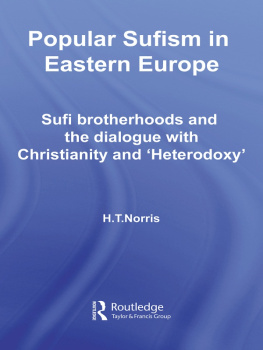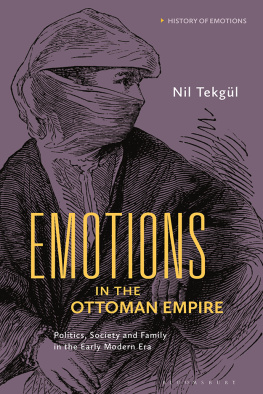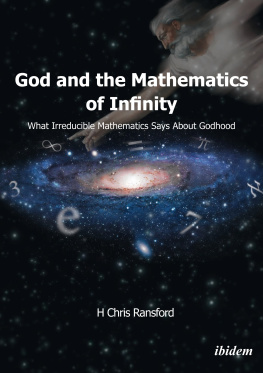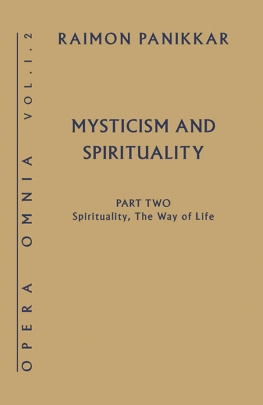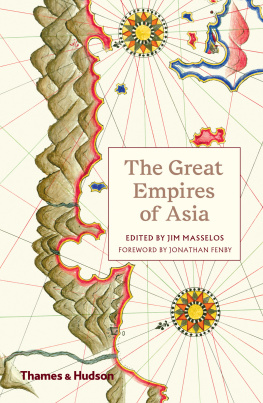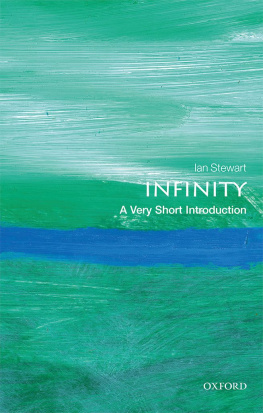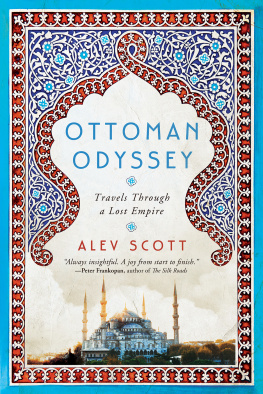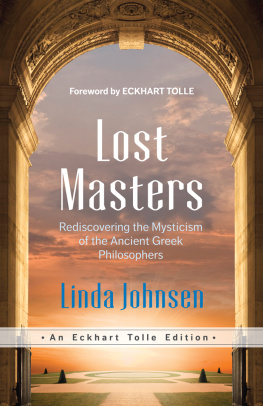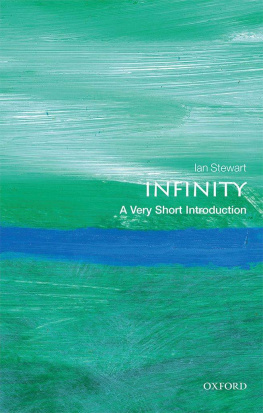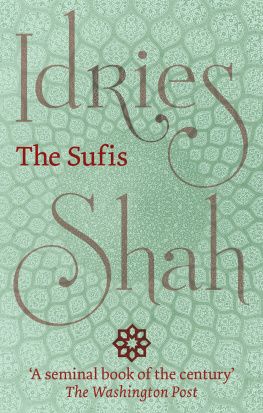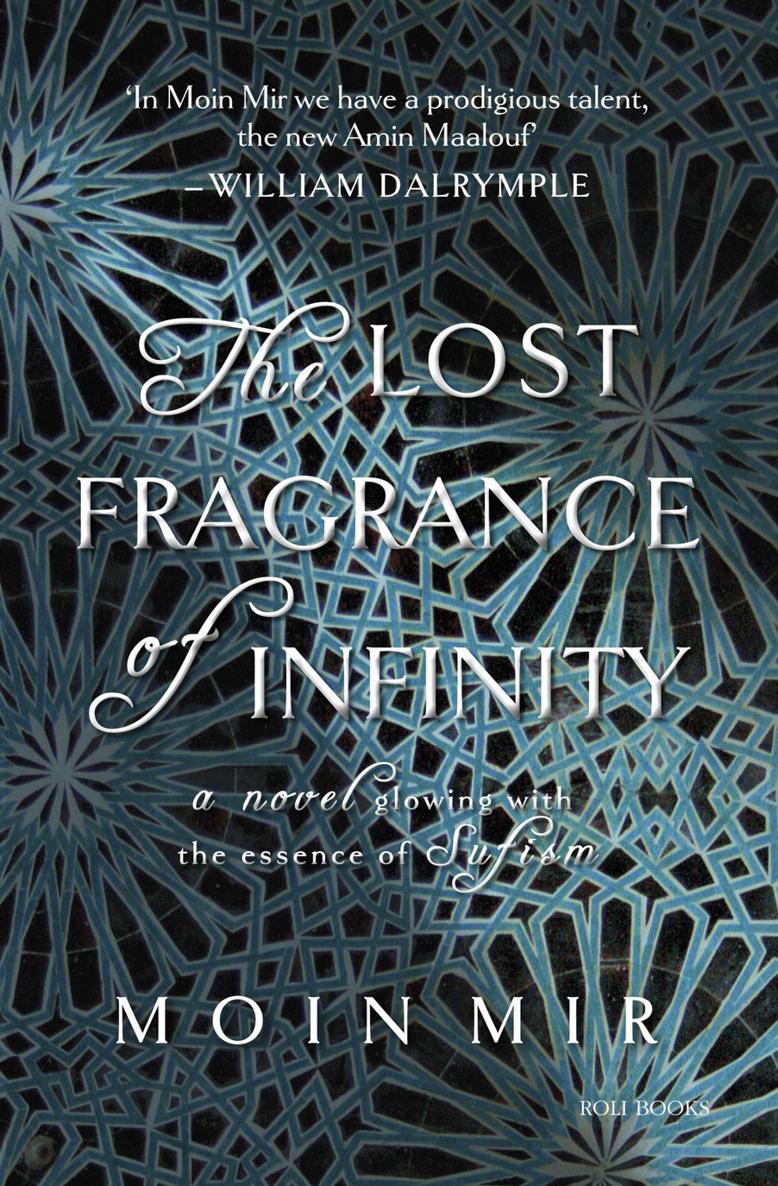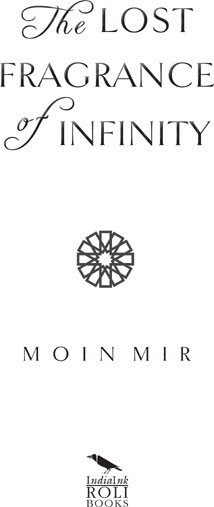Ecstasy came to me, and I remained in wonderment at Gods presence. I was lost in emotion... One day I saw my body as God in His entirety... The mystic who has perceived God loses his feelings. He spreads to the whole universe; he is one with the mountains and streams. There is no here or hereafter; everything is a single moment.
Seh Bedreddin
Fifteenth-century Turkish Sufi and poet
Moin Mir is a London based writer of Indian origin. He began writing under the influence of his grandfather, a scholar of Sufism, Omar Khayyam and Mirza Ghalib. He is the author of the critically acclaimed book Surat: Fall of a Port, Rise of a Prince. The Lost Fragrance of Infinity is his second book. Mir speaks frequently at leading international literature festivals on topics ranging from Sufism, history and travel writing.
ROLI BOOKS
This digital edition published in 2021
First published in 2021 by
IndiaInk
An Imprint of Roli Books Pvt. Ltd
M-75, Greater Kailash- II Market
New Delhi 110 048
Phone: ++91 (011) 40682000
Email: info@rolibooks.com
Website: www.rolibooks.com
Copyright Moin Mir, 2021
Cover image: Alamy
All rights reserved.
No part of this publication may be reproduced, transmitted, or stored in a retrieval system, in any form or by any means, whether electronic, mechanical, print reproduction, recording or otherwise, without the prior permission of Roli Books. Any unauthorized distribution of this e-book may be considered a direct infringement of copyright and those responsible may be liable in law accordingly.
eISBN: 978-81-86939-90-1
All rights reserved.
This e-book is sold subject to the condition that it shall not, by way of trade or otherwise, be lent, resold, hired out, or otherwise circulated, without the publishers prior consent, in any form or cover other than that in which it is published.
FOR LEONIE
CONTENTS
ACKNOWLEDGEMENTS
Iam grateful to Frederick Starr for having written Lost Enlightenment. The lectures of physicist Peter J. Lu on geometric Islamic tilework and the article by Sebastian R. Prange that termed the interlocking geometric girih tiles as tiles of infinity were immensely enlightening. Dr Saiyid Athar Abbas Rizvis two volumes titled A History of Sufism in India were profoundly educational. Ernst Blochs Avicenna and the Aristotelian Left compelled me to think deeper about the philosophy of Ibn Sina and its relevance today. Mir Khwaja Kutbuddins The Path of Peace that brilliantly captured the very essence of Ibn Arabis philosophy was greatly insightful. William Dalrymples fabulous documentary on Sufi music, The Mystic Music of Islam was inspiring.
I am thankful to the khadims at the shrines of Hazrat Salim Chishti, Hazrat Qutub Sahib and Hazrat Nizamuddin Auliya. Ever cheerful and merry in their ways, their warm hospitality was greatly touching as it spanned across sugary chai to simple caps and even biryani. In Bursa-Turkey, at the Green Mosque where in the morning silence as the suns rays streamed in and I admired the tilework, I had a chance encounter with a Sufi who sat head lowered, turning his prayer beads. He didnt say a word. Just smiled. I am grateful for that smile that came my way. At the shrine of Hazrat Jalaluddin Rumi in Konya, Turkey, I am grateful to the caretakers of his tomb. For my stay in Istanbul, I thank Asli Tunca and Bolka Basaran for their hospitality.
I got to observe the art of paper marbling in great detail at the Galata Mevlevi Museum, Istanbul and had the most uplifting evening in the sama khana witnessing the whirling dervishes. I thank them for their open hearts that radiated with nothing but pure love and compassion. In Andalusia, Spain, I thank Kamran and Negar Diba for their hospitality during my visits to Gaucin, Zahara de la Sierra, Cordoba and Granada. As I spent time admiring the geometric patterns on the wooden roofs of the Alhambra and on the tilework, the cool breeze blowing down the lofty Sierra Nevada mountains reminded me of the fragility of empires and the immortality of the creative spirit. In Greece, I thank Zou Zou Delerue who provided me a wonderful environment for writing. As it was impossible to travel to Herat, I am immensely grateful to SOAS, London for organizing The Night of Herat: Celebrating the Pearl of Khorasan a series of lectures on Kamaleddin Behzad, the fifteenth-century miniature painter and the history of the city.
My heartfelt thanks to Roli Books, my publishers, and in particular to Priya Kapoor for her seemingly never-ending faith in me. I thank Carenza Parker, my editor. Above all I thank my wife Leonie for her love. Simply put, without her, this book would not have been possible.
DRAMATIS PERSONAE AND HISTORICAL REFERENCES
MAIN HISTORICAL CHARACTERS
Muhammad Shah Rangeela: Mughal Emperor of Hindustan (r.17191748). A connoisseur and patron of the arts, he ruled a weakening empire, but one which had the wealthiest treasury in the world.
Nadir Shah: King of Persia (r.17361747). A ruthless military genius who waged war with the Mughals and the Ottomans. He had a chilling reputation for enjoying cruelty.
Sauda: (17131781). One of the most dazzling Urdu poets in eighteenth-century Hindustan.
Dard: (17211785). Considered a poet given to Sufi mysticism, Dard, which means pain, wrote verses steeped in spirituality.
Mir Taqi Mir: (17221810). Arguably the greatest Urdu poet ever. Grand Vazier Nizam Asaf Jah: (16711748). The Prime Minister to Emperor Muhammad Shah Rangeela.
Saadat Khan: (16801739). The Subedar of Awadh who fought on the side of the Mughals and against Nadir Shah at the battle of Karnal.
Khan Dowran: (d.1739). Mughal statesman and General who fought against Nadir Shah at the battle of Karnal.
Sayyid Niaz Khan: (d.1739). Mughal aristocrat who led the resistance in Delhi against Nadir Shahs Afsharid soldiers.
Khan of Bokhara: A ruler in Central Asia who was eventually subjugated by Nadir Shah.
Khan of Khiva: Like the Khan of Bokhara, this Khan after brief resistance was defeated by Nadir Shah at the end of 1740.
Mahmud I: Sultan of the Ottoman Empire (r.17301754). He felt deep sorrow for the Ottoman losses of Vienna, Buda and Belgrade.
Ferdinand VI: King of Spain (r.17461759). Also known as The Learned and The Just.
MAIN FICTIONAL CHARACTERS
Qaraar Ali: The craftsman from Delhi with a cherished lineage of being among the chosen artisans at the Mughal Court for generations. Inclined towards Sufism, Qaraar Ali is not a practising Sufi.
Faiz Ali: Qaraars father.
Zainab Begum: Mother to Qaraar.
Abeerah Khan: A Mughal beauty and Qaraars lover.
Shahbaz Khan: Abeerahs father and a general in the Mughal army.
Askari Begum: Shahbaz Khans sister and Abeerahs aunt.


